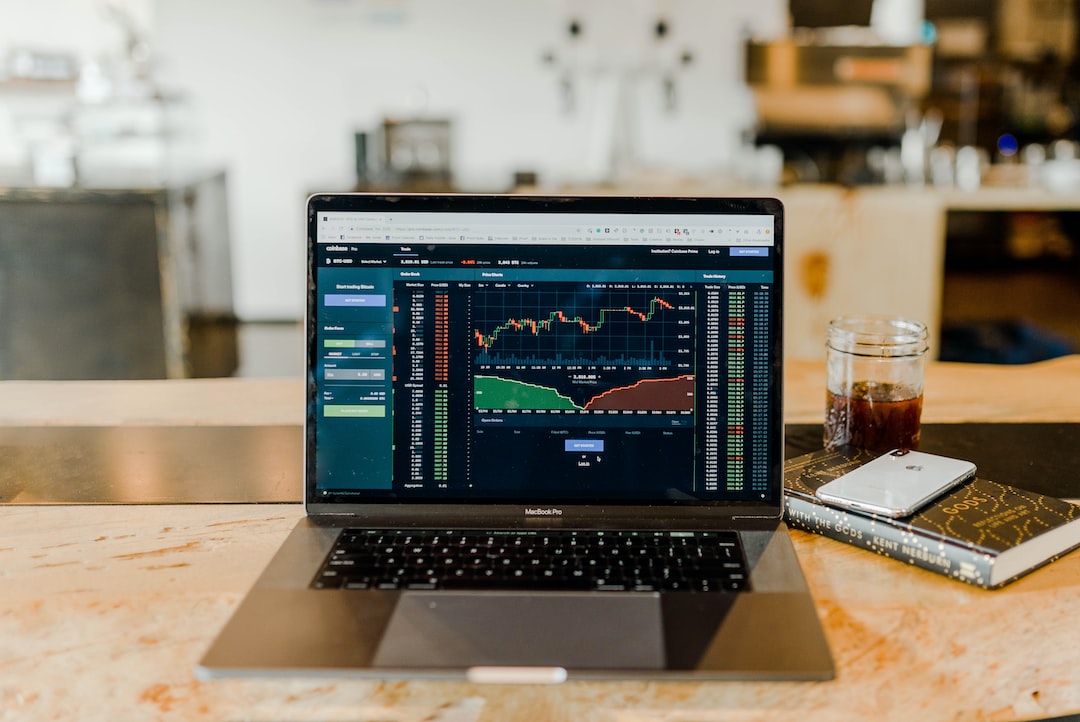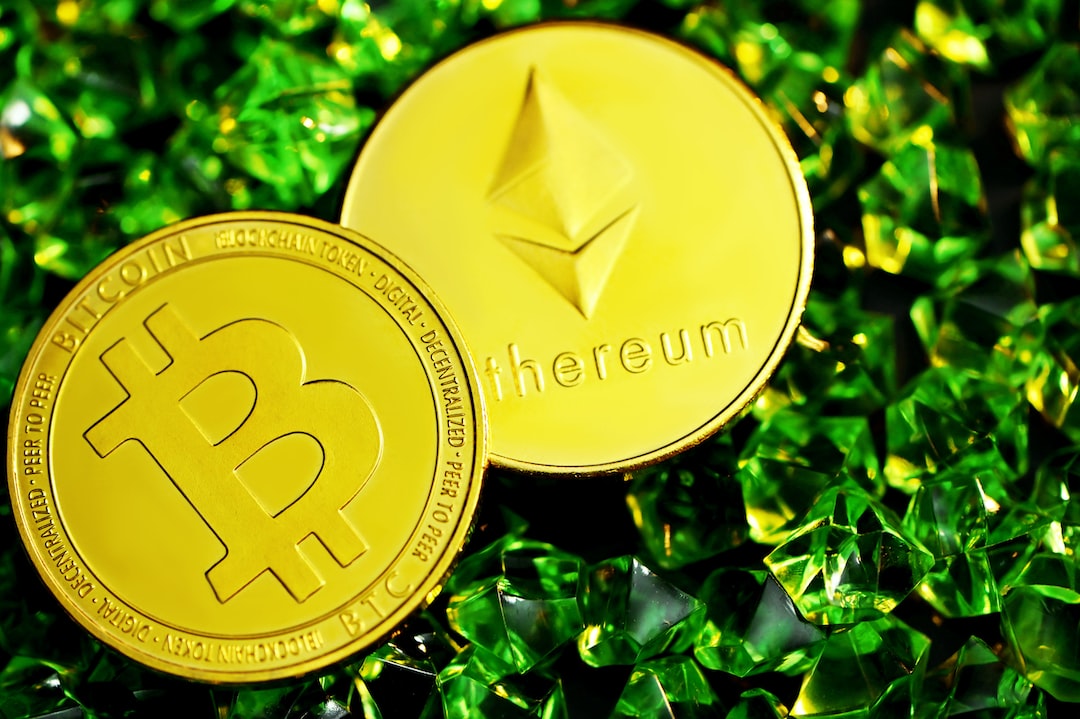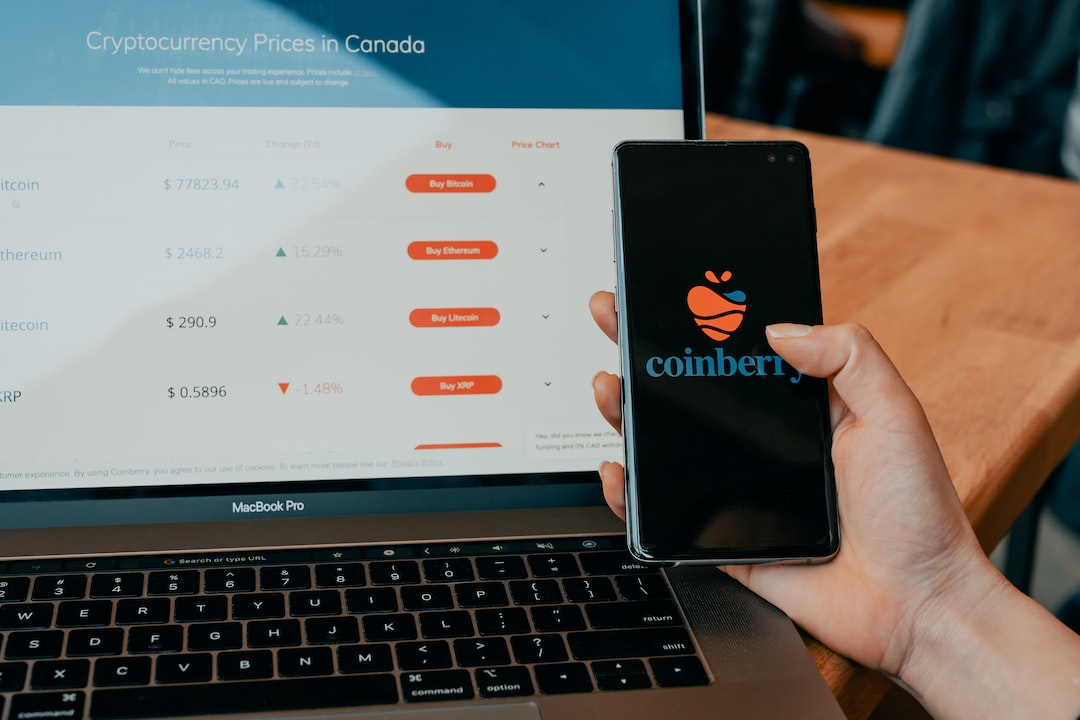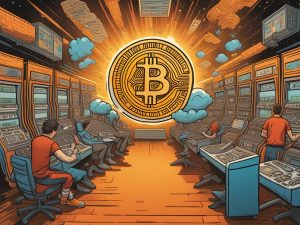The NounsDAO Treasury Split: Disaffected Investors Seek Better Price for NFTs
NounsDAO is on the verge of a treasury split as a significant number of owners of its colorful digital collectibles have chosen to conduct a “rage quit” in the crypto world. Rather than selling their NFTs on the struggling open market, these holders, who own 25% of all Nouns NFTs, are opting to obtain a better price directly from the project’s stash of ether tokens.
According to the recently implemented rage quit rules, if 20% of Nouns NFTs call for a “fork,” they can split from the main group and take their share of the project’s 30,620 ether tokens (worth roughly $50 million). Currently, each Nouns NFT holds a book value of approximately 36.5 ETH ($59,600), giving the current fork a treasury of 7,598 ETH (around $12.4 million).
Driven by traders looking to profit from arbitrage, the price of Nouns has surged to levels not seen since last December. Among these traders is DCFGod, a prominent figure in the cryptomarket’s “risk-free value” trading subculture, who owns 28 Nouns.
Rage Quits and Unlocking Assets: A Glimpse into DAO Investor Dissent
The NounsDAO situation is the latest example of “rage quits” within decentralized autonomous organizations (DAOs), highlighting how these organizations address dissenting investors who have lost faith and seek refunds. Activist traders are particularly drawn to projects where assets are priced below their book value, as it gives them an opportunity to unlock the assets’ true value.
NounsDAO has introduced a relatively new mechanism to unlock this value through an upgrade called v3, which enables forking as a means for disaffected investors to peaceably exit. This mechanism serves as a minority protection mechanism within the DAO ecosystem, ensuring that dissenting voices are heard and accommodated.
Hot Take: NounsDAO’s Treasury Split Reflects the Challenges of DAO Governance
The impending treasury split of NounsDAO emphasizes the challenges DAOs face in managing dissenting investors and maintaining trust within their communities. The ability for disaffected investors to “rage quit” and claim their fair share of the project’s assets is a necessary feature to ensure transparency and accountability in DAO governance. While this may cause temporary disruptions and price fluctuations, it ultimately strengthens the long-term viability and resilience of the DAO ecosystem. As the crypto industry evolves, DAOs will continue to refine and improve their mechanisms to address investor concerns and foster a more inclusive and democratic decision-making process.





 By
By
 By
By
 By
By
 By
By
 By
By